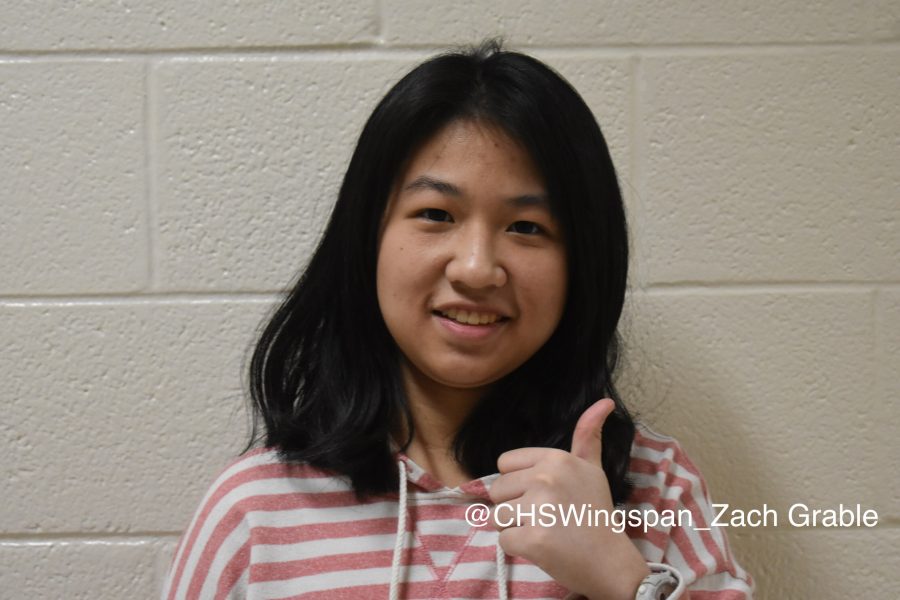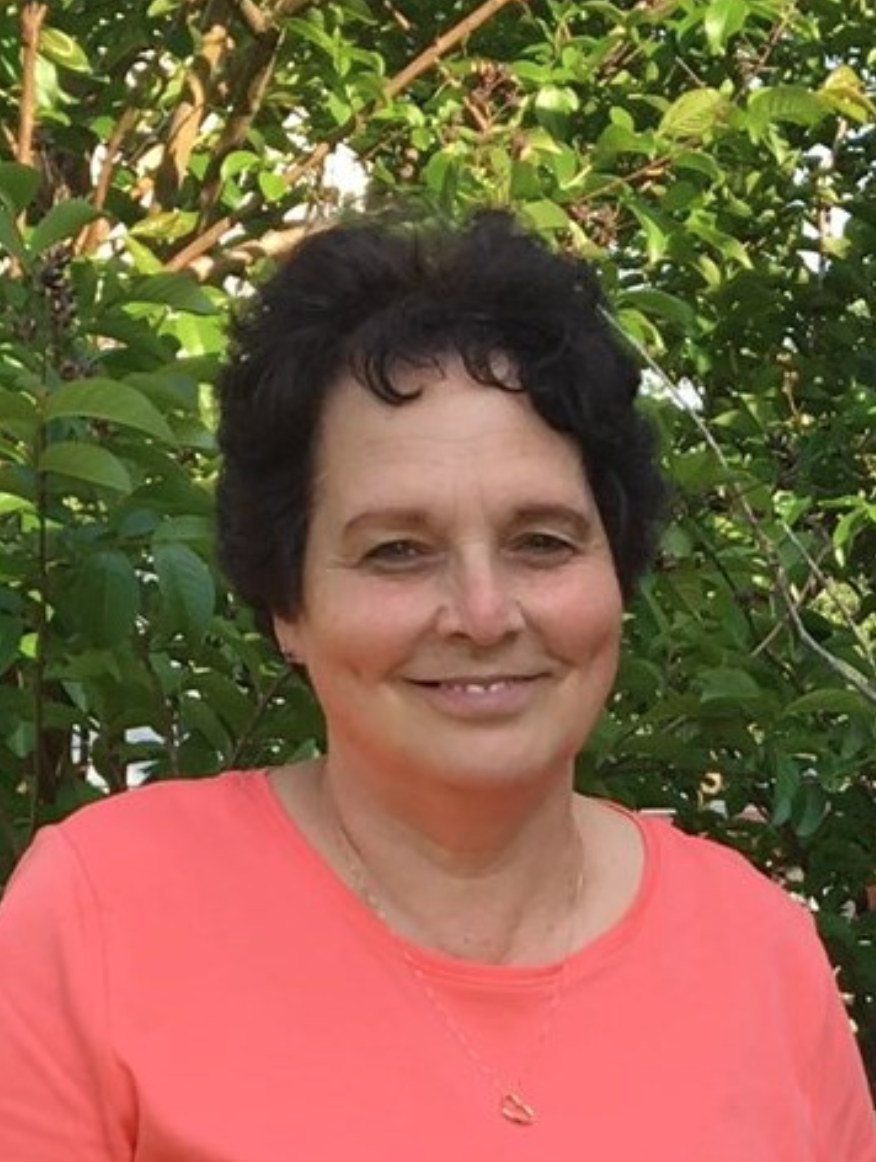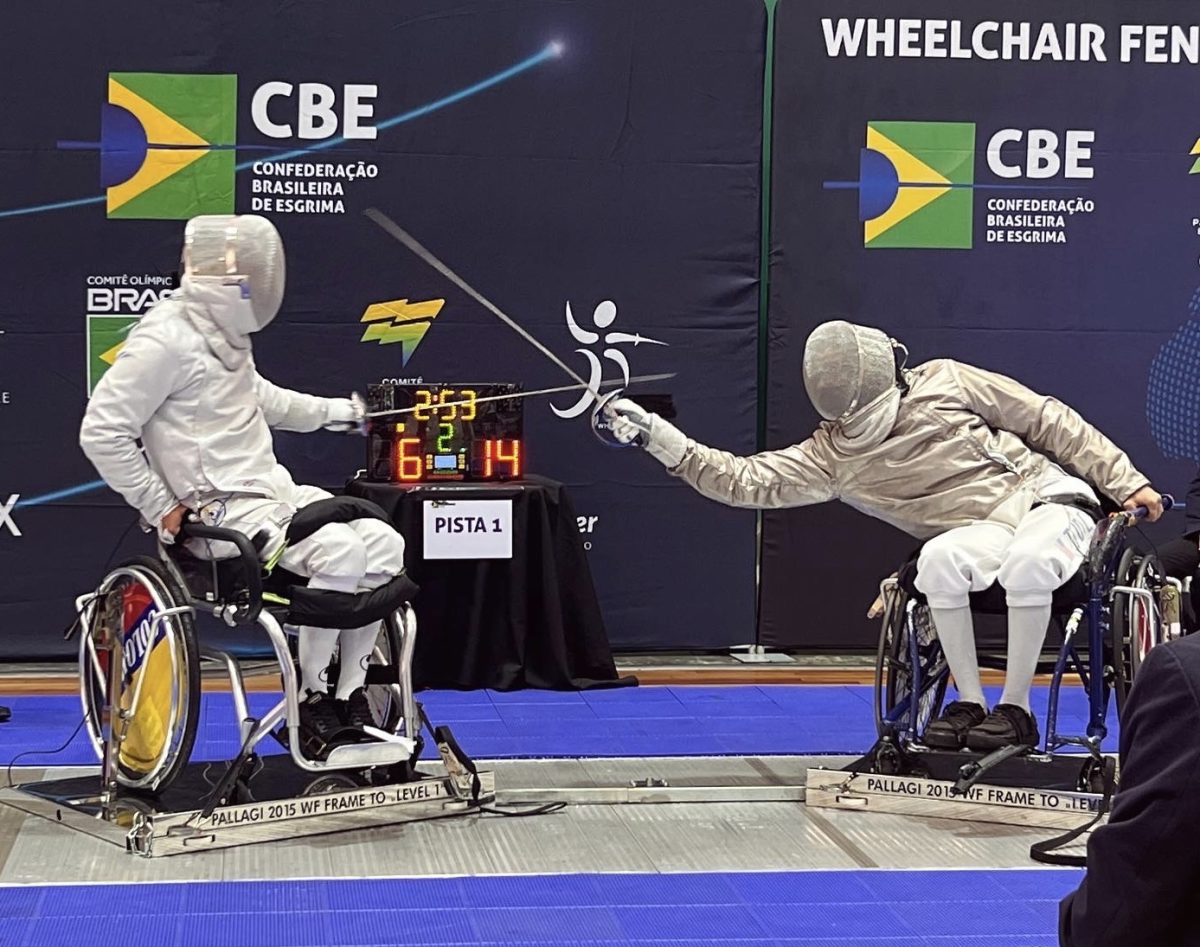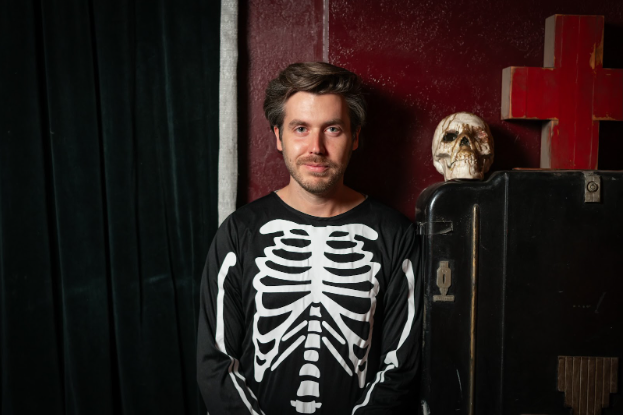Words: Javiera Diaz-Ortiz
Photos: Zach Grable
Imagine being raised in a certain culture, speaking a familiar language, feeling tied to a community and knowing no other way of life. For many students, immigration turns their entire lives upside down. Positive and negative experiences alike, immigrants experience major changes throughout the transition process.
Senior Anne Vicari was born in Brazil and immigrated to the United States in 2010, at the age of nine. Her native language is Portuguese, so the first task she had once moving to Maryland was becoming fluent in English.
However, Vicari claimed that learning to speak the language was not the most difficult part because English “is not as complex as Latin rooted languages.” Rather, the most challenging part for Vicari was leaving her family behind.
Vicari immigrated with only her mother, which meant saying goodbye to the rest of her family.
“The most difficult part of adapting was learning to be away from family,” she stated.
On a more positive note, Vicari feels grateful for having been given the opportunity to gain a new perspective.
“The [best] part of immigrating, other than being able to experience a different culture, was going back to Brazil and telling all my friends and family about my new life,” added Vicari.
Another senior at Centennial, Helen Huang, immigrated from China a few days before her sixteenth birthday.
Like Vicari, Huang’s first language was not English, but her English class in China facilitated this part of the process for her. However, conversational parts of the English language were a factor she had to spend more time learning.
“I [didn’t] know how to respond to ‘what’s up’ or ‘how are you doing’,” she remarked.
One major difference that Huang noticed between China and Maryland is the structure of classes in high school. She noted that in China, she had only one assigned classroom, not several destinations to go to each day.
“I think it’s harder to make friends [since] we usually have only one period together,” Huang added. Even though it was difficult at first, Huang has met many new people at Centennial and maintained several friendships.
“The best part is I [am able to] experience a totally different culture,” claimed Huang, “Immigrating actually [broadened] how I view the world.”
Similar to Huang’s view of immigration, senior Sera Lim, who immigrated from South Korea at the age of seven, stated that she is more “aware of the different foods, activities, traditions, and even historical values not represented in Korean culture.”
Lim’s first language was Korean, and it became difficult for her to communicate with others once first arriving.
Lim has since made an interesting observation between her “old” life and her “new” life. She noted that the sense of community is different.
“In Korea, transportation was very easy and children could walk to a supermarket by him/herself; unlike the United States, where the car is the main source of transportation,” noted Lim.
Vicari, Huang, and Lim all showcase the rush of positive and negative aspects which immigrants are met with. The immigration process shapes an individual and transforms their view of the world.
“Getting to learn and experience a new culture was one of the most interesting parts about immigrating,” Lim expressed, “From immigrating, I am more open and aware of the different foods, activities, traditions, and even historical values not represented in Korean culture.”
For more breaking news and photos, follow The Wingspan on Instagram and Twitter @CHSWingspan.





